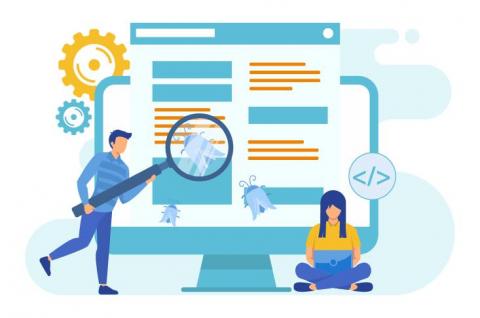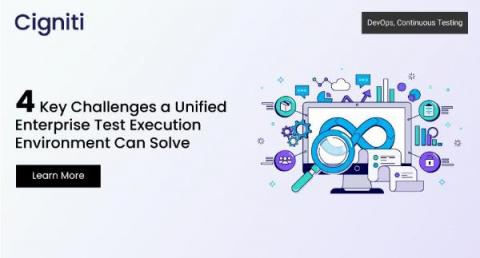Systems | Development | Analytics | API | Testing
Latest Posts
Compliance Testing: Everything You Need to Know in 2023
Welcome, software testers and compliance geeks! Today we’ll look into Compliance testing, which can sound like a dry and daunting task, but we will make this fun. Consider yourself a software tester who has just been set with verifying that your company’s latest application complies with all the necessary regulations and standards. This might be intimidating, but don’t worry; we’ve got your back.
Unity Version Control (Plastic SCM) vs. Perforce Helix Core: Which Is Better?
When Plastic SCM (now Unity Version Control) was acquired by Unity in 2020, game dev and VFX studios already using the Unity Engine started considering it more seriously for version control. Why? On the surface, Plastic SCM is an attractive solution. It offers a friendly UI for artists and handles the basics of version control at low scale. But what happens when your projects grow and get more complex? Does Plastic still hold up? Read along or jump ahead to the section that interests you most.
Ticketmaster: An object lesson on the need for performance engineering
The user experience is critical – just ask Ticketmaster.
Automated Functional Testing: An Introduction to Efficient Software Testing
Discover how automated functional testing can save you time, and give you faster feedback, increased test coverage, and more confidence in your product.
Website Traffic Benchmarks by Industry
Test Coverage: How to increase test coverage using Testsigma?
The software release goes through two main phases – development and testing. When the software is under development, a developer codes the required features and lets the team know he is done with it. How do we verify this? By using the functionality on any of the systems. It is then cleared for testing. Now when the software is under testing, a tester tests the functionalities of the application and lets the team know he is done with it. But how do we verify this?
Robustness Testing in Software Testing - An Overview
Let’s talk about something important in the realm of software testing: Robustness testing. ISTQB states, “Robustness testing is the degree to which a component or system can function correctly in the presence of invalid inputs or stressful environmental conditions.”This is when we test a system or program to see how well it can handle unexpected scenarios and mishaps.
When to Use Episodic vs. Continuous Software Testing Strategies
4 Key Challenges a Unified Enterprise Test Execution Environment Can Solve
In today’s fast-paced and competitive business environment, ensuring high-quality software applications has become a critical success factor for enterprises. To achieve this, they are incorporating DevOps practices to accelerate their software development and Continuous Testing practices to test early and often to provide quality software.











